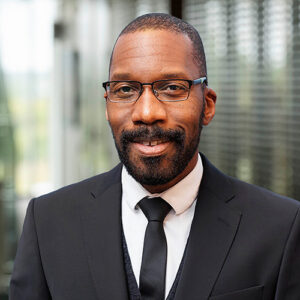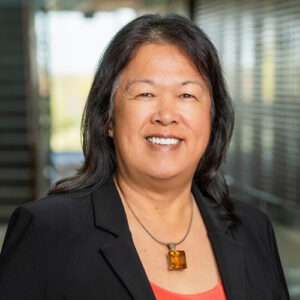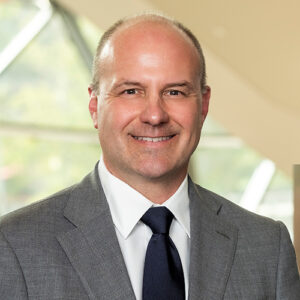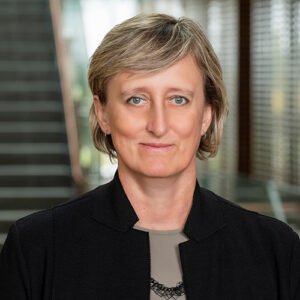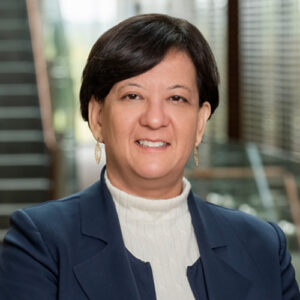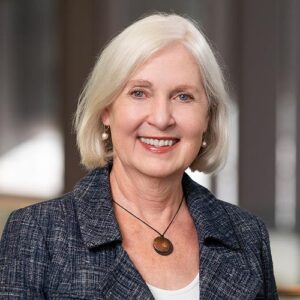Members of Council
Standing Committees
Finance, Audit and Investments Committee
Mary Oxner
PhD, CPA, CA, CFA
Chair
Tanis Adey
MD, MMEd, FRCPC, CCPE, ICD.D
Member
Mélanie Dubé
CPA-CMA, MBA, RRT
Member
Levonne Louie
MBA, ICD.D
Member
Kate Wood
KC
Member
Governance and Nominating Committee
Heidi M. Oetter
MD
Chair
Tanis Adey
MD, MMEd, FRCPC, CCPE, ICD.D
Member
Elizabeth Bannister
MD
Member
Daniel Faulkner
HBSc, MBA
Member
Ainslie Mihalchuk
MD, CCFP, FCFP
Member
Elizabeth Wenghofer
PhD
Member
Advisory forums
Data Governance Advisory Committee
This committee provides a forum for Participating MRAs, the MCC and other interested parties to identify, discuss, and address the strategic direction, functions and issues relating to the National Registry of Physicians.
Patrick Rowe (BC)
MD, CCFP (EM), FCFP
Chair
Tanis Adey (NL)
MD, MMEd, FRCPC, CCPE, ICD.D
Member
Marie-Josée Bédard (QC)
MD, FRCSC
Member
Stephanie Connolly (YK)
MAL
Member
Colleen Forestier (AB)
MD, CCFP (EM)
Member
Gus Grant (NS)
AB, LLB, MD, CCFP, ICD.D
Member
Barbara Harvey (NU)
Member
Melissa MacDonald (PEI)
Member
Ainslie Mihalchuk (MB)
MD, CCFP, FCFP
Member
Viren Naik
MD, MEd, MBA, FRCPC
CEO, Medical Council of Canada
Member
Michelle Owen
MA
Health Canada Representative
Member
Laurie Potter (NB)
MD, M.Ed, FRCPC
Member
Stephanie Price
P.Eng, FEC, CAE
Executive Director, FMRAC
Member
Grant Stoneham (SK)
MD, FRCPC, CCPE
Member
Nancy Whitmore (ON)
MD, FRCSC, MBA
Member
Mandate and responsibilities of the MCC Council
The MCC Council provides oversight on the management of the activities and affairs of the MCC.
The Council is responsible for:
- Periodically reviewing, updating, and approving the MCC’s strategic plan, including the MCC’s mission, vision, and values
- Establishing processes and schedules to monitor and assess the progress towards the objectives set out in the strategic plan
- Identifying the principal risks to the MCC and ensuring the implementation of appropriate systems to manage those risks
- Ensuring the delivery of exams and services that are high quality and responsive to the needs of the medical profession in Canada
- Engaging and providing advice and counsel to the chief executive officer (CEO) and monitoring and evaluating the CEO’s performance
- Maintaining the financial integrity of the MCC by ensuring sufficient funding for the implementation of the MCC’s strategic plan, including by periodically reviewing the funding model of the MCC, approving the annual budget and monitoring performance against the budget, and approving new material expenditures

2025-2026 MCC Council
———
Left to right: Dr. Jamaica Cass, Ms. Stephanie Connolly, Ms. Levonne Louie, Dr. Brent Thoma, Dr. Ainslie Mihalchuk, Dr. Gordon Giddings, Dr. Martina Reslerova, Ms. Kate Wood, Mr. Daniel Faulkner, Dr. Tanis Adey, Dr. Isabelle Tardif. Absent: Dr. Mary Oxner.
MCC Council composition
The MCC Council consists of up to 12 councillors and must include:
- Three individuals with regulatory experience in health professions
- Three individuals who are current registrars of provincial or territorial medical regulatory authorities
- Three individuals who are experienced medical educators
- Three members of the public
Council membership is structured to fulfill the desired balance of qualifications with respect to skills, experience, and diversity that are prescribed in policies and regulations.
To the greatest extent possible, at least half of the councillors are individuals who are licensed to practice medicine in Canada or who have held a license to practice medicine in Canada in the past three years at the time of their initial election to the Council.
Election and term
To build the MCC Council, the Governance and Nominating Committee uses a formal recruitment and selection process to identify and recommend new members for appointment to the Council. New members are recommended based on their skills, experience, and personal qualities that align with and complement the competencies of current councillors.
- Councillors are elected at annual meetings of the members from a slate developed by the Governance and Nominating Committee. For greater certainty, there are no nominations from the floor of any meetings of the members.
- A councillor’s term of office is a maximum of three years or until their successor is elected. Councillors are eligible for re-election for a second term and a third term, each of up to three years or until their successor is elected. No councillor shall serve for more than nine years.
The Council seeks a balance of skills, expertise, and experience of its members, while considering any unique or special requirements of the MCC and with consideration being given to principles of diversity. The Council ensures all members possess the behavioural qualities necessary to perform their role as councillors.
By-law no. 43
This by-law generally relates to the transaction of the activities and the affairs of the MCC. It is reviewed on a yearly basis by the Governance and Nominating Committee and approved by the MCC Council at the annual meeting held each fall when changes are required.
